Burkina Faso
Six years after the euphoria of October 2014, when a popular uprising led to the fall of Blaise Compaoré after twenty-seven years of reign, disillusionment has kicked in.
Long considered an island of stability in the subregion, Burkina Faso has plunged into a serious security and humanitarian crisis.
The presidential election has raised high hopes for change and development in areas such as health, education, infrastructure and youth employment.
"It is necessary to eradicate the system of terrorism that kills all families and then there is education and then self-sufficiency, they talk about it but it hasn't happened yet", said a man at a voting center in the capital Ouagadougou.
The security crisis and then the coronavirus pandemic have put a damper on the economy. There is despair among the poorest.
Education has declined significantly due to the security situation and more than 2,500 schools have closed due to the violence.
There was also no progress on national reconciliation and the return of exiles. The president has only just set targets for 2021, if re-elected.
Activists say corruption is also rampant in Kabore's administration.




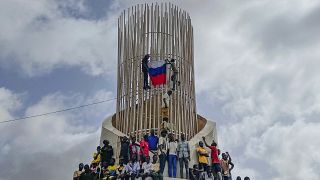
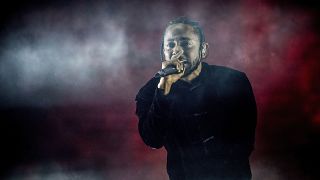
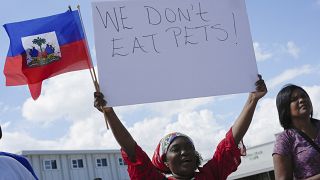
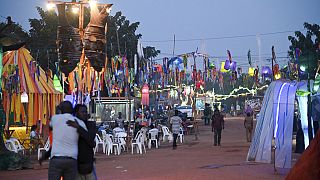
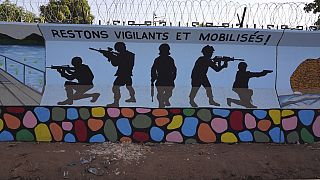
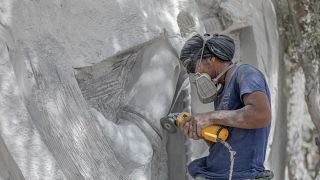
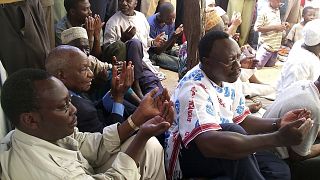
01:42
Niger: Conference in solidarity with the Alliance of Sahel States
00:58
Somaliland opposition leader wins presidential poll
01:10
Voters head to polls in Somaliland as leaders hope for global recognition
01:11
Chad's electoral body disqualifies senior ruling party official
01:44
Mauritius heads to the polls in wake of wiretapping scandal
Go to video
Why Mozambique's election has sparked weeks of protests and a violent crackdown by police